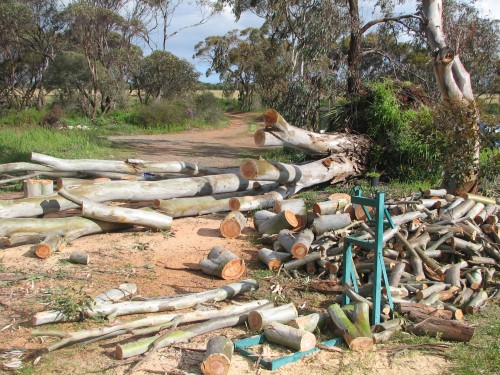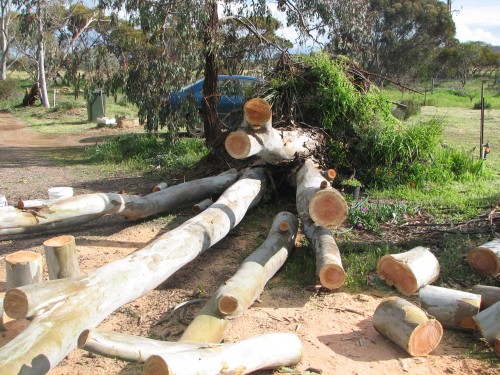My writing is back on track
It has been quite a few days since my last post here. Sorry – I’ve been distracted by working on my novel for children.
A few minutes ago I finished the 8th draft of the book that has dominated my thinking and writing over the last 18 months. This latest draft is a total rewrite, changing it from the third person to the first person. I think it works, but the real test will come when I read it again – this time I think I’ll read it aloud. This is always a good strategy to find any awkward passages, phrases or sentences that still need a little work and any other glaring errors.
One of the interesting outcomes of this particular rewrite was that my overall word count has risen nearly 500 words and it is now just a few short of 40,000. This is the recommended length for my Masters degree, so I’m right on the money. This increase in words is notable in that I’ve also cut out many hundreds of words, some of them redundant words or phrases. I couldn’t believe how many of these redundancies I had included in earlier drafts. One example: “He felt tears welling in his eyes.” Where else would tears be – dripping from his ears? Or toes? Cut out “in his eyes”.
As I finish off my Masters Degree novel and accompanying exegesis essay in coming weeks and then submit it for assessment, I will be able to get back to more regular postings here.
In the meantime: good writing.
A frustrating week of writing
I just had a very frustrating week of writing.
In fact, much of it has been devoted to non writing activities. First, I’ve had a series of meetings to attend and these always cut into my writing time.
Second, I’ve been busy tidying up the mess in our driveway. We had a massive storm here just over a week ago and a large 40 year old gum tree came down in our driveway. I’ve been busy chain sawing up the wood. I guess we’ll have plenty of firewood in the coming few years.
Third, I was discouraged by my critiquing group at a seminar last week and have hit a brick wall as a result. I was very excited about rewriting my novel in the first person. It seemed to be going so well, yet everyone was so critical and told me that it just wasn’t working.
Ouch.
Discouragement hit me big time. I’ve done no more on it for the last week. I sometimes feel like giving up.
Can any of my readers offer me any encouragement, or clues on how to get going again?
In the meantime – a few photos of the mess in my driveway.

Fallen tree in our driveway

Fallen tree in our driveway
What point of view should I use?
An important aspect of writing a story that the writer needs to consider is point of view.
In my current project, a novel for children aged 10 – 12, this has been one of the difficult issues I’ve had to face. I started using the first person point of view. It didn’t work, so I changed the whole story to limited third person POV. That worked much better, but during reworking the novel I’ve found a number of places where I’d slipped up. My critiquing group was also tough on me and pointed out even the most subtle of changes in POV.
Aaaark! I though I had mastered it, but in practice it is very challenging.
I’ve written previously about this important topic:
- Problems with point of view – further discussion on this topic.
- Point of view – articles from my archives where I discuss this issue
- What point of view should you use in your novel – a recent article from Writers’ Digest – a simple, easy to read article covering the main aspects with a brief discussion on the pros and cons of each approach.
Good writing.
